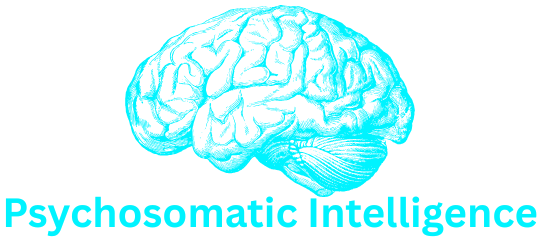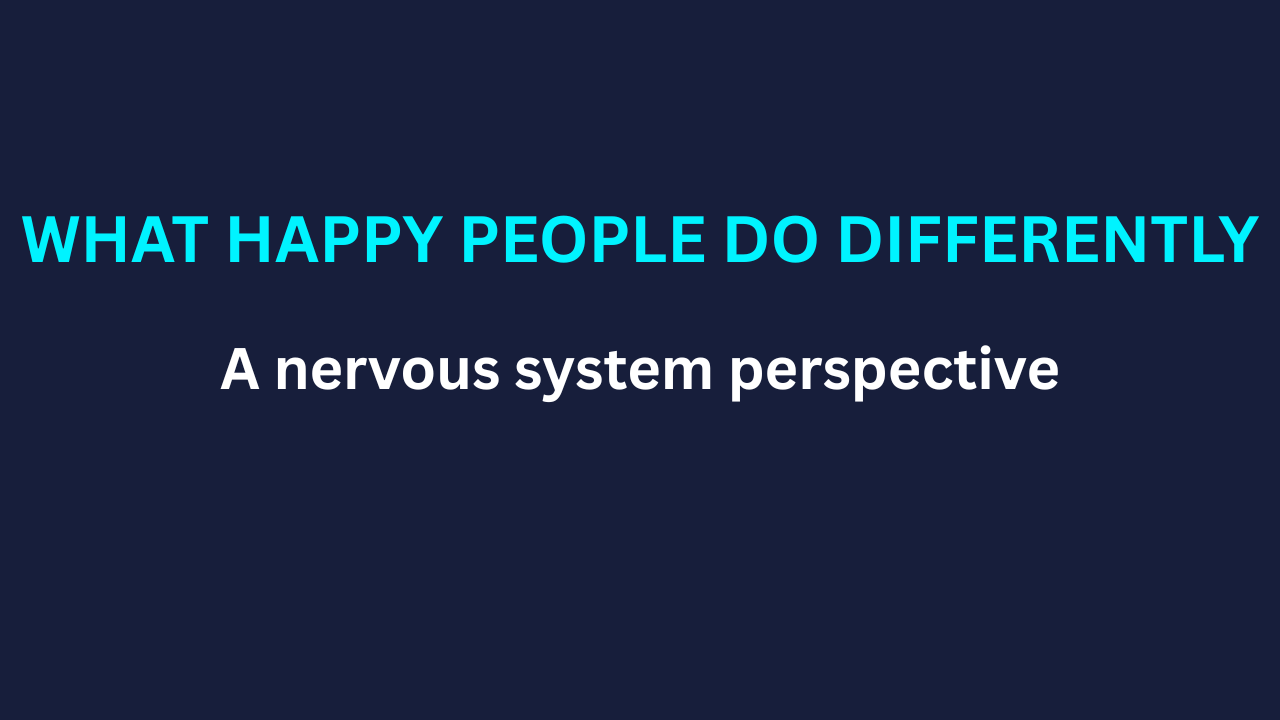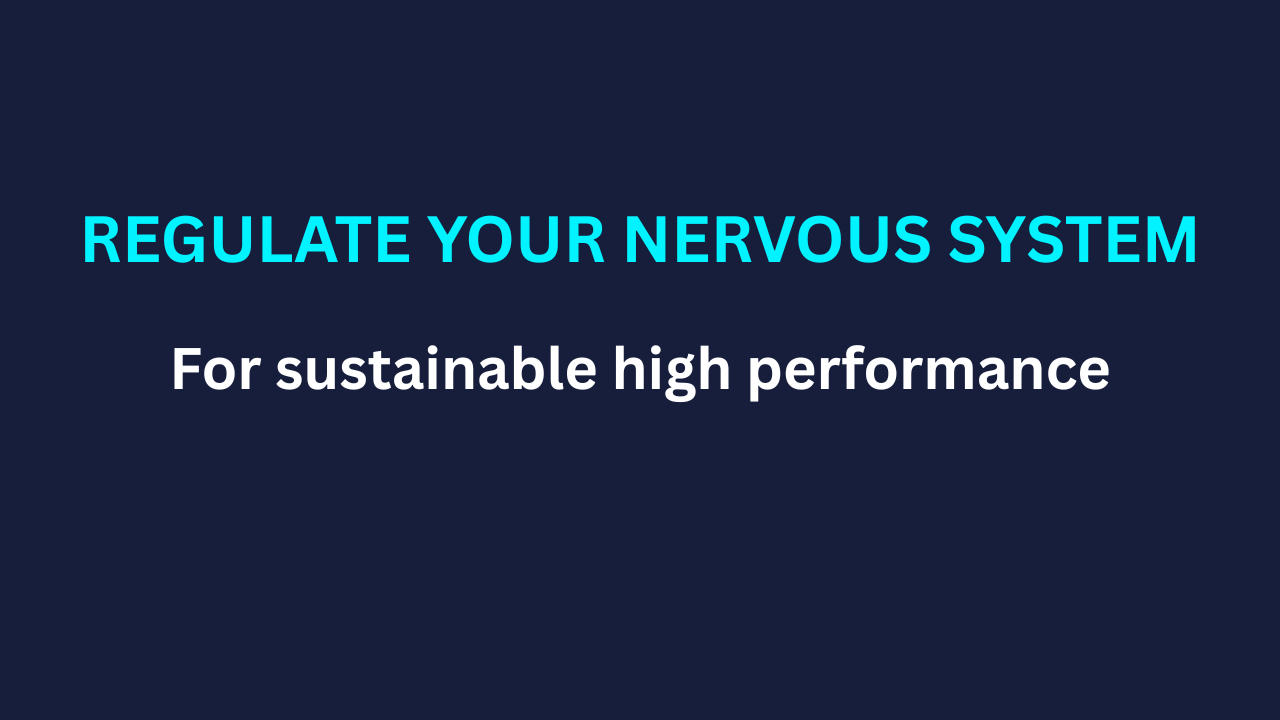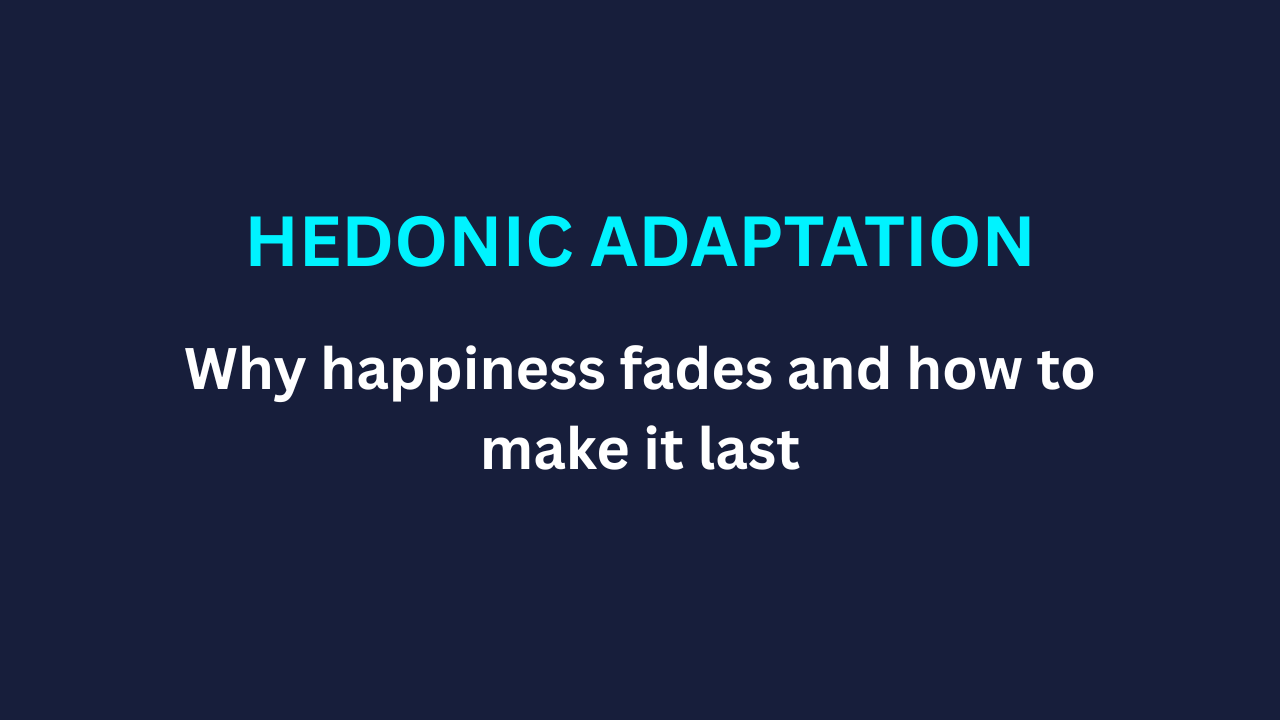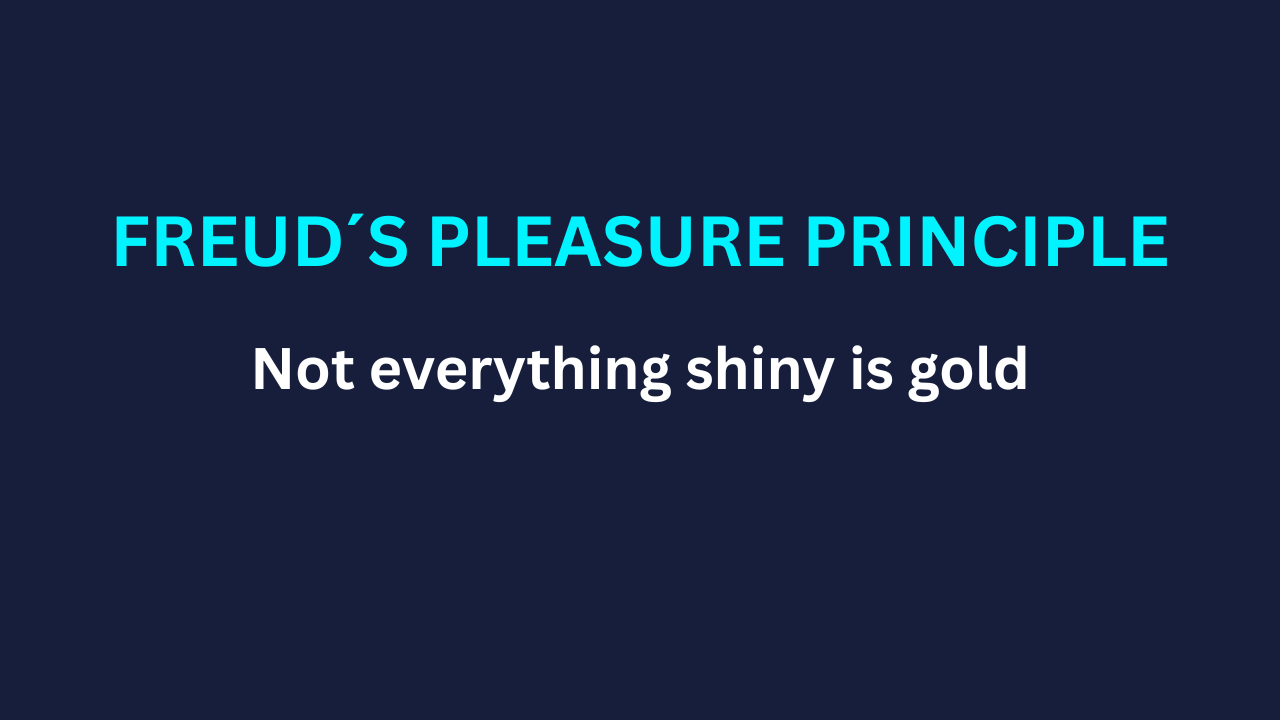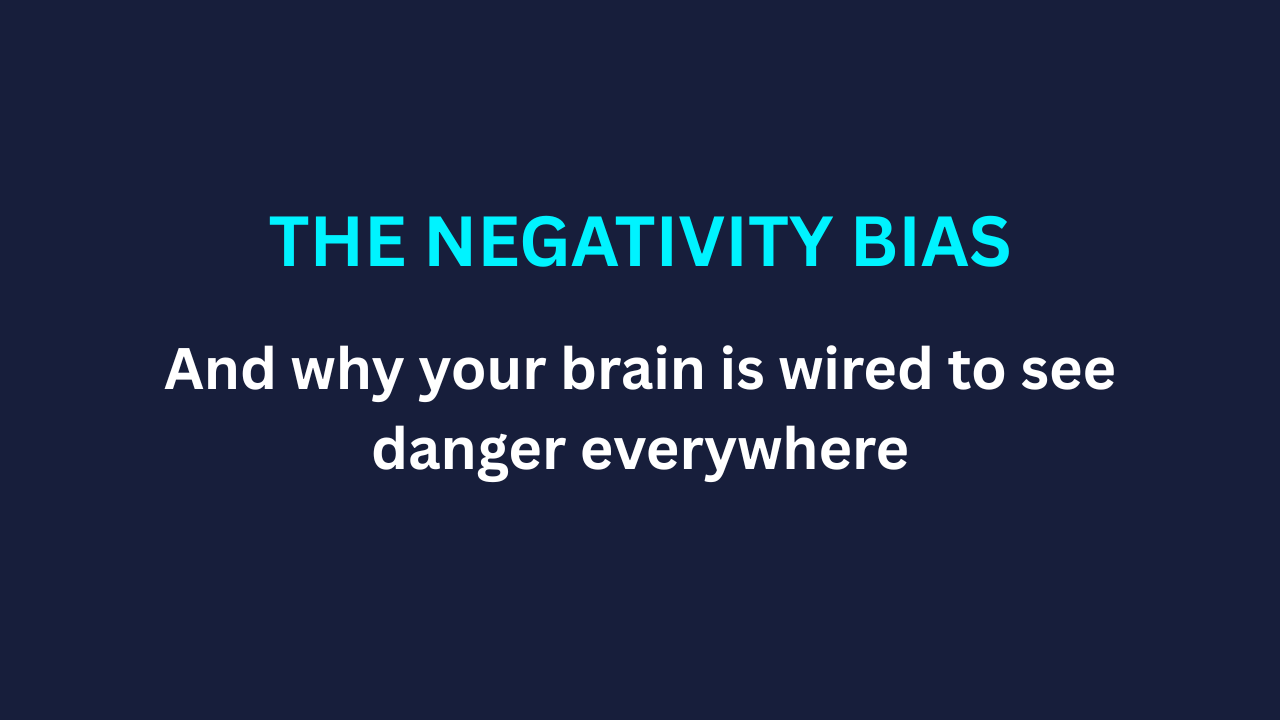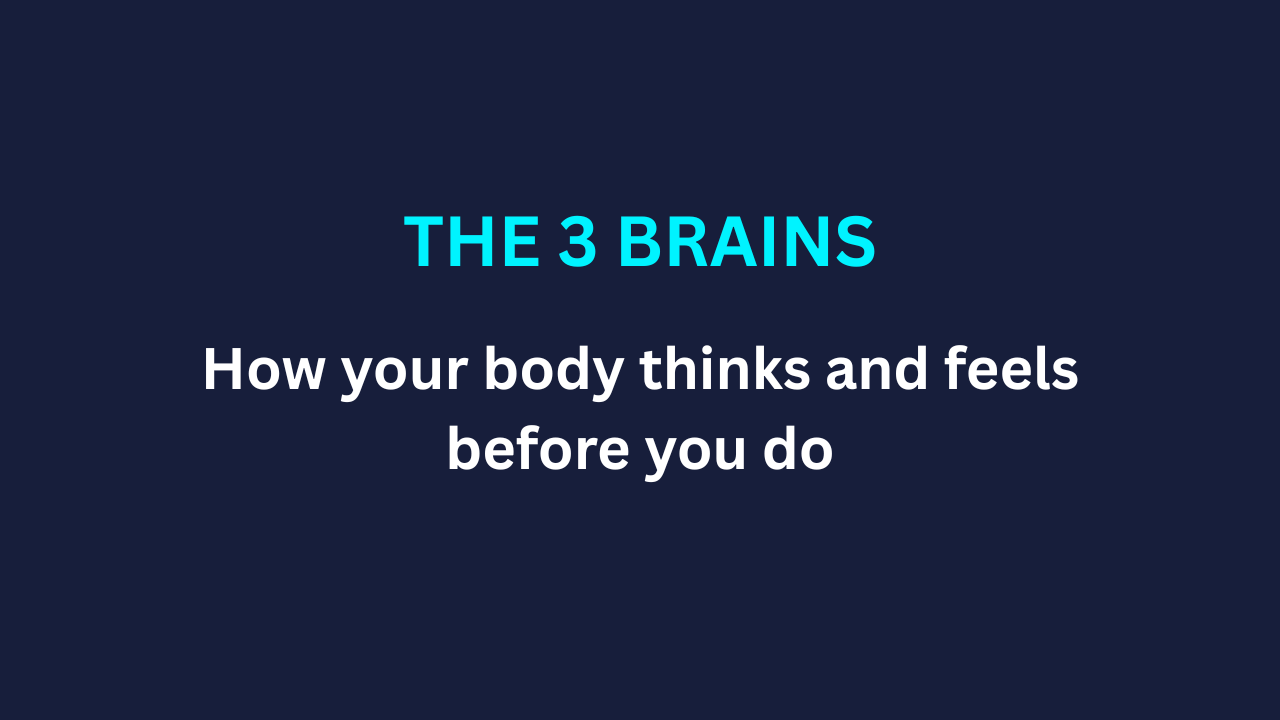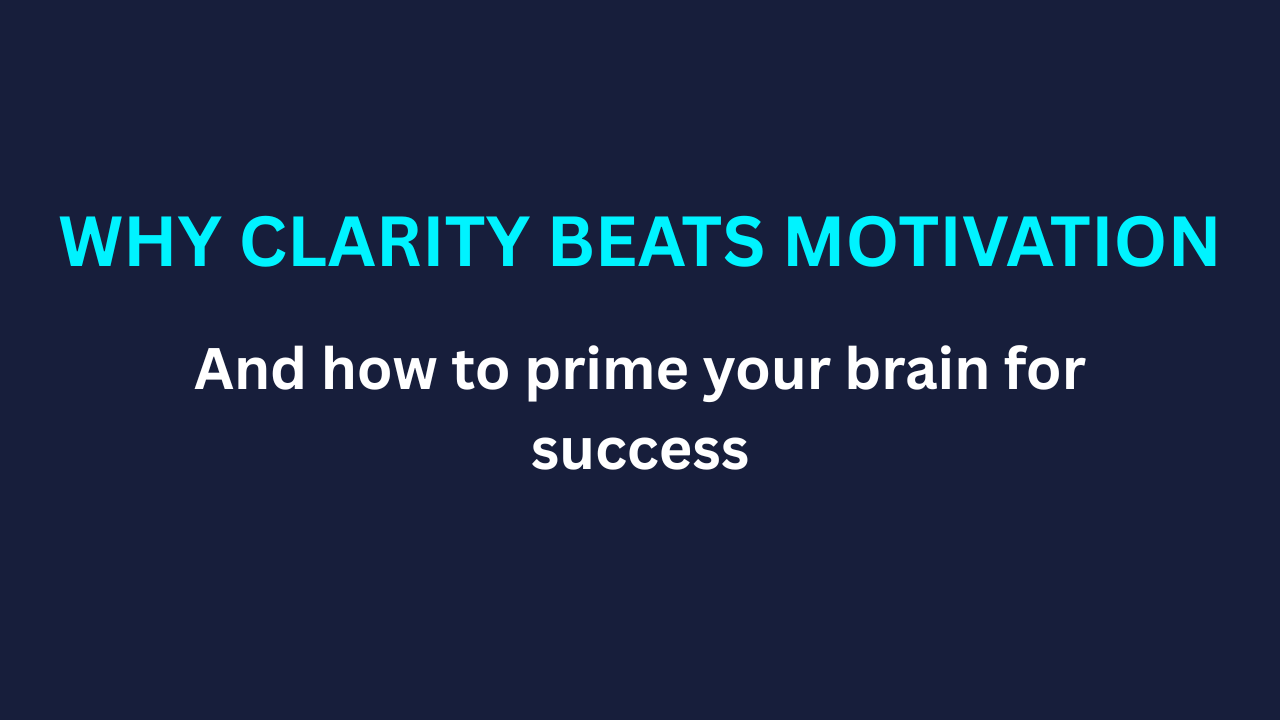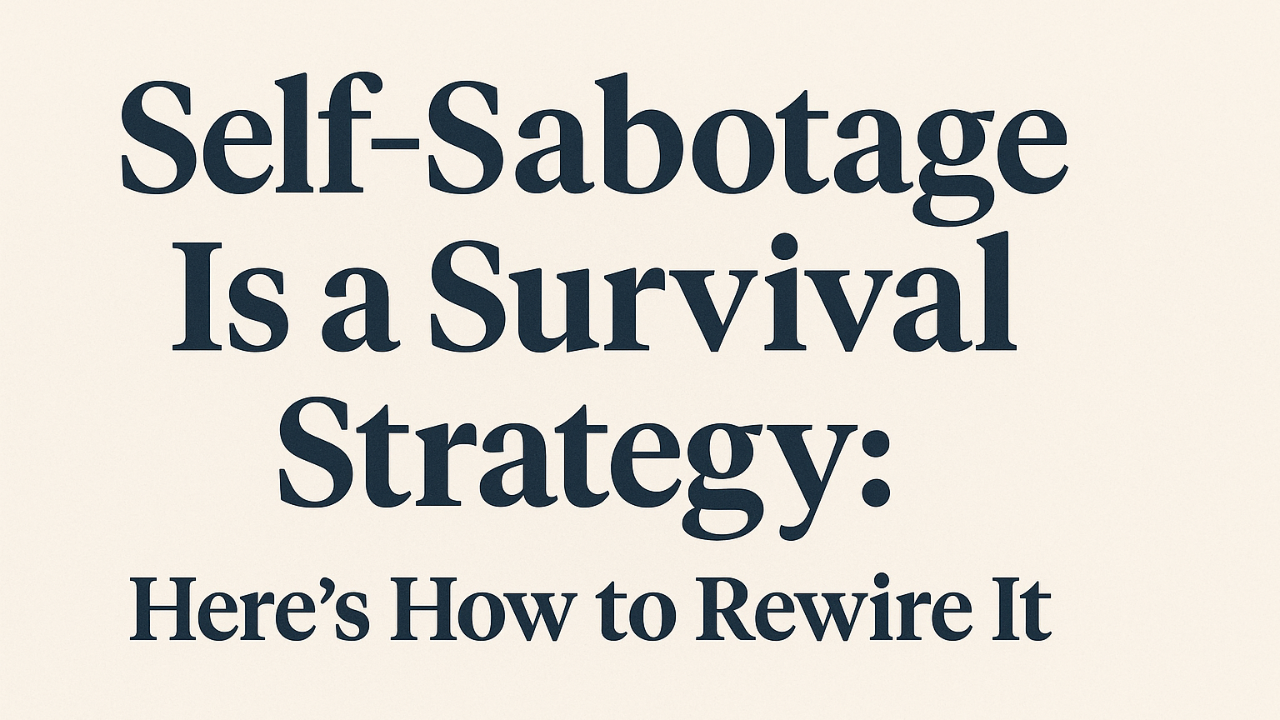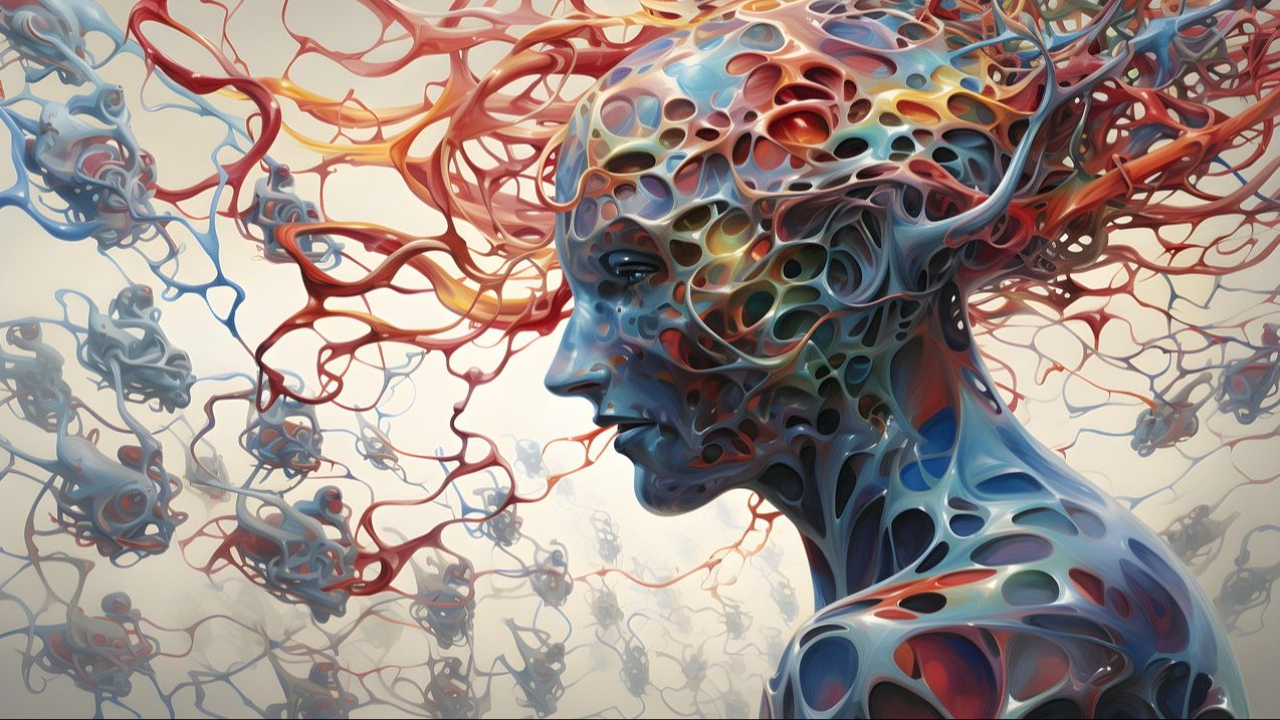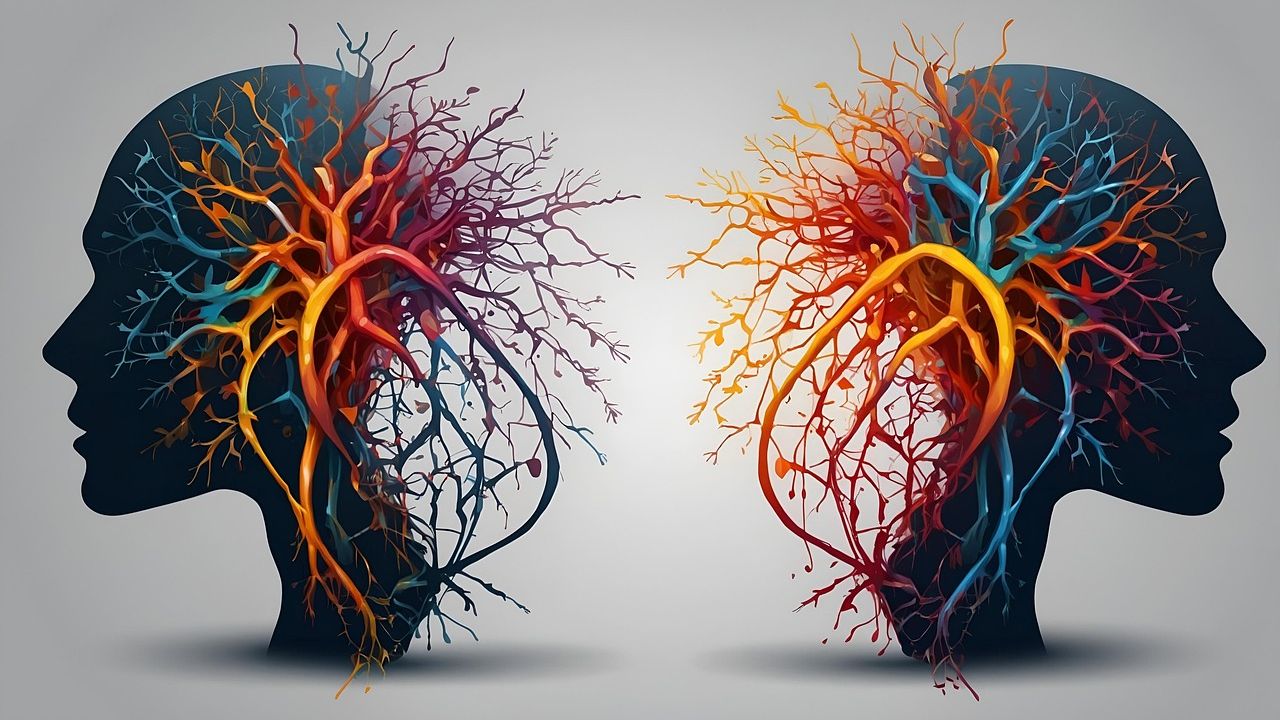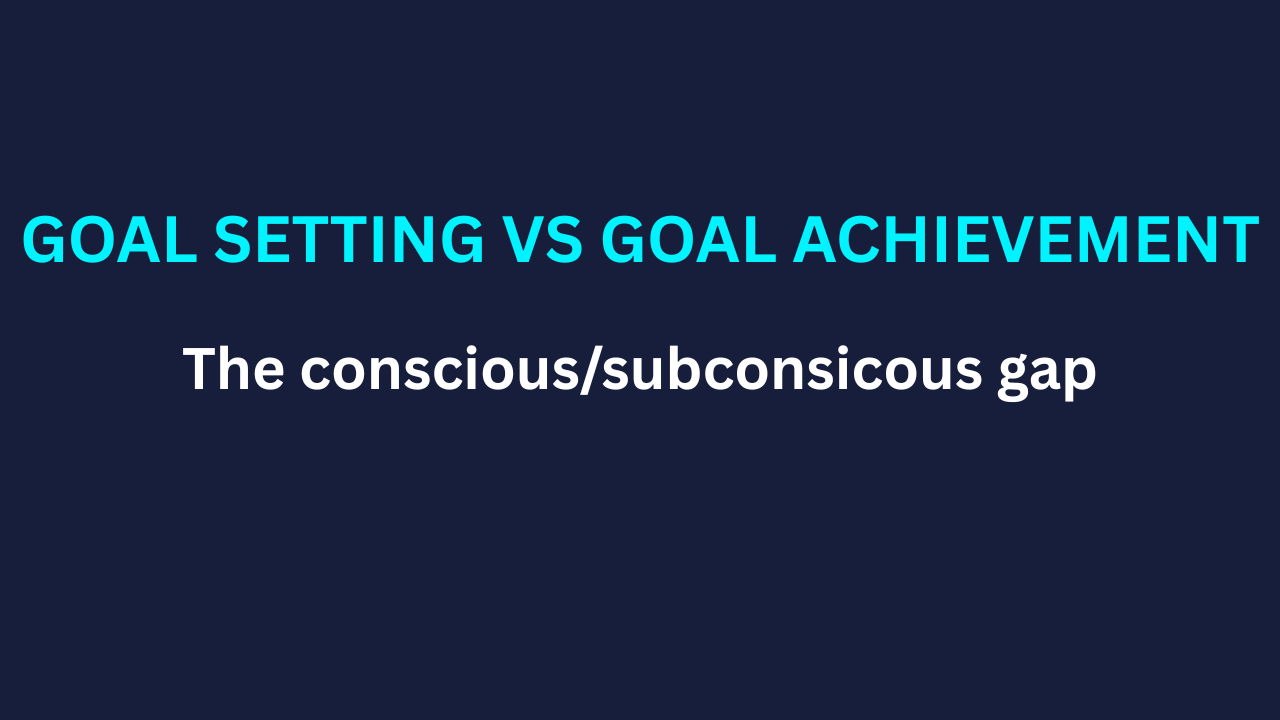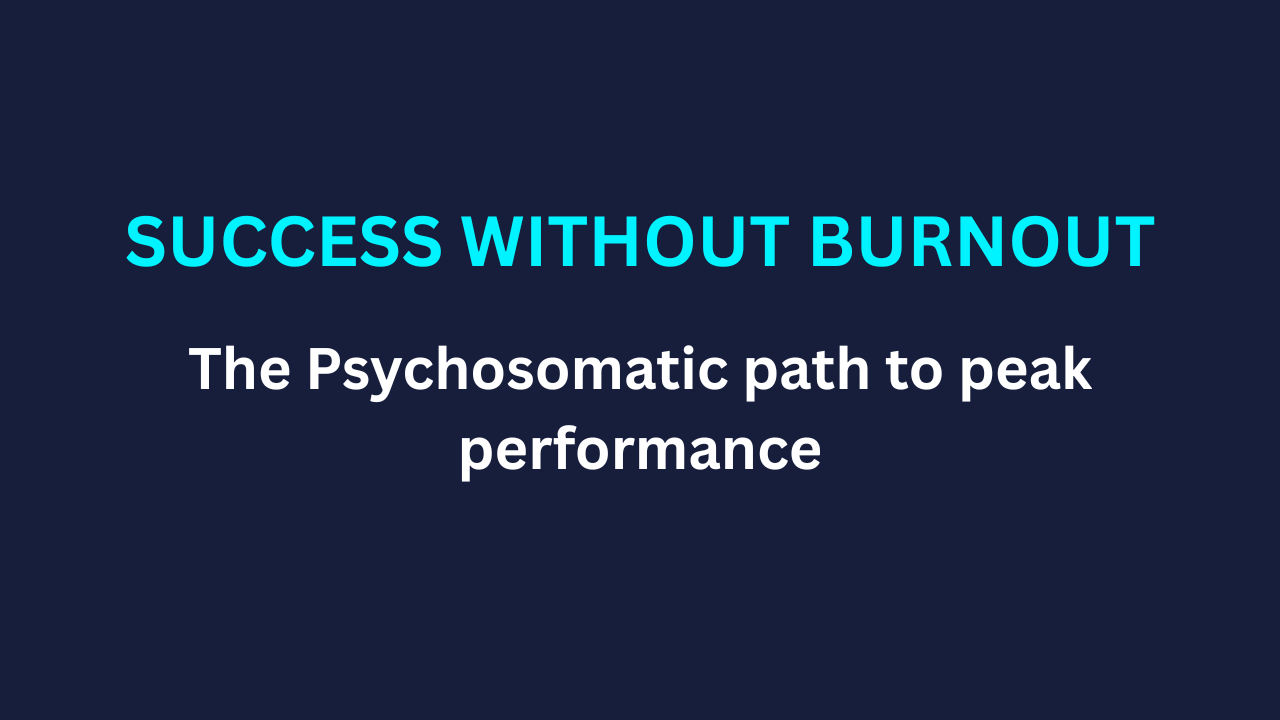We often assume happiness is about mindset, positive thinking, or life circumstances. But science — and practice — tell a deeper story: happiness is regulated through the nervous system.
Happy people aren't just more positive; they’re more regulated. Their bodies consistently signal safety, presenc...
High performance isn’t just about mindset, strategy, or productivity hacks — it’s about your nervous system. The state of your nervous system determines whether you can focus, adapt, create, and execute under pressure. Yet, most people operate with a chronically dysregulated nervous system, toggling...
You’ve achieved the goal, landed the job, bought the car, or reached the milestone. For a fleeting moment, happiness floods your system — but then, almost without notice, it fades. What felt extraordinary becomes ordinary. What was once a peak becomes your new baseline.
This phenomenon is known as ...
While the negativity bias keeps us locked in fear and hypervigilance, Freud’s Pleasure Principle pulls us toward the other extreme: the endless chase for pleasure and the immediate escape from discomfort. Both forces are deeply wired into our evolutionary psychology, ensuring survival in harsh, unpr...
Why do we replay failures in our mind more than victories? Why does one criticism outweigh ten compliments? The answer lies in your brain’s built-in negativity bias — an ancient survival mechanism that keeps you alert to danger, but often at the cost of your happiness and progress.
In a world where...
When we think of intelligence, we usually imagine the brain in our head. But neuroscience reveals a more complex reality: you have three brains — the head, the heart, and the gut. Each holds its own type of intelligence and deeply influences your emotions, decisions, and behaviors.
Understanding th...
Most people chase motivation when they want to achieve a goal. We read inspiring quotes, watch motivational videos, or pump ourselves up with caffeine and energy. But motivation is fleeting. It comes and goes, often leaving us stranded right when we need it most.
What if the real secret to consiste...
Self-sabotage isn’t a character flaw. It’s your body’s way of protecting you from perceived danger — even when that danger is success itself.
Have you ever procrastinated on a dream project, given up just before making a breakthrough, or numbed yourself with distractions when things got serious? Th...
If you’ve ever set a goal only to abandon it weeks later, you’re not alone. The common advice? “You need more willpower.”
But science paints a different picture: willpower is unreliable because it draws on finite cognitive resources. The more decisions you make in a day, the weaker your willpower b...
Why Intelligence Must Evolve
Intelligence is often reduced to IQ — your ability to solve problems and think analytically. Then came Emotional Intelligence (EQ), which revealed that understanding emotions is equally critical to success. But both IQ and EQ, while valuable, fail to capture the full pi...
We’ve all set goals we were excited about — only to abandon them weeks later. Despite our best intentions, follow-through often fails. But why?
The real gap between setting and achieving goals isn’t a lack of discipline or motivation — it’s the disconnect between the conscious mind and the subconsc...
We live in a culture that glorifies hustle. The narrative is simple: push harder, sleep less, sacrifice more — and success will come. Yet for many high-achievers, the cost of this approach is steep: chronic fatigue, anxiety, self-doubt, and burnout.
But what if success didn’t have to come at the ex...
